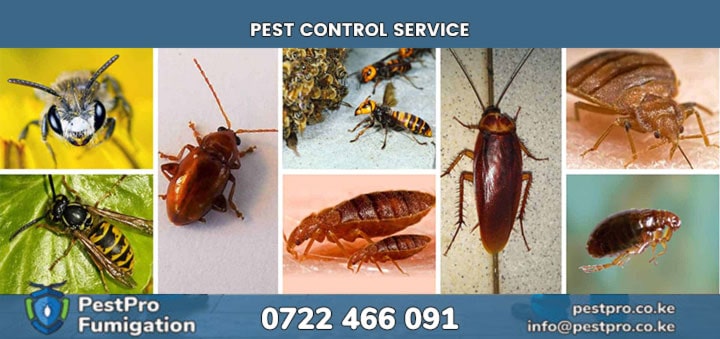Restaurant Pest Control Requirements in Nairobi: Health Department Compliance
Restaurants in Nairobi must maintain strict pest control standards to comply with health department regulations while protecting their reputation and customer safety. Food service establishments face particularly stringent requirements due to pest-related health risks and the potential for rapid pest population growth in food-rich environments.
Regulatory Compliance Requirements
Nairobi City County health regulations require food service establishments to maintain pest-free environments through regular professional inspections, documented treatment programs, and immediate response protocols for any pest activity. Violations can result in closure orders, fines, and permanent license revocation that devastate restaurant businesses.
Documentation requirements include detailed pest monitoring logs, treatment records, and inspection reports that demonstrate ongoing compliance with health department standards. These records must be readily available during health inspections and maintained for specified periods to verify regulatory compliance.
Staff training requirements mandate that food service employees receive education about pest identification, reporting procedures, and prevention measures that help maintain compliant conditions while supporting professional pest management programs.
Critical Control Points for Food Safety
Receiving areas require comprehensive pest monitoring and exclusion measures to prevent infested ingredients and supplies from entering food service facilities. Inspect all incoming shipments for signs of pest activity and reject contaminated deliveries immediately to prevent establishment of pest populations.
Food storage areas demand particular attention including proper container sealing, elevated storage systems, and environmental controls that prevent pest access while maintaining food quality and safety. Temperature and humidity control in storage areas also influences pest survival and reproduction rates.
Food preparation areas must maintain sanitary conditions that eliminate pest attractants while providing easy cleaning access that removes food residues and moisture that support pest populations. Equipment design and placement should facilitate thorough cleaning while minimizing harborage opportunities.
Professional Service Integration
Licensed pest management professionals experienced in food service regulations provide essential expertise for developing and implementing compliant pest management programs. These specialists understand regulatory requirements while providing effective control that meets both health department standards and operational needs.
Regular service schedules must balance regulatory compliance requirements with operational demands, providing adequate monitoring and treatment frequency while minimizing disruption to food service activities. Service scheduling should account for peak business periods and cleaning schedules.
Emergency response capabilities prove essential for addressing pest problems that could result in health department violations or customer complaints, requiring immediate professional intervention to prevent escalation and potential business closure.
Integrated Prevention Strategies
Sanitation protocols specifically designed for food service environments provide the foundation for effective pest prevention while supporting regulatory compliance requirements. These protocols must address all areas where food residues or moisture might accumulate including hard-to-reach areas behind equipment.
Structural maintenance including door seals, screen repair, and gap elimination prevents pest entry while maintaining energy efficiency and food safety conditions. Regular maintenance schedules should include pest prevention inspections that identify and address potential entry points before problems develop.
Employee education programs help staff understand their critical role in pest prevention while providing information about reporting procedures and prevention measures that support professional pest management efforts. Well-trained staff often provide the first line of defense against developing pest problems.
More pest Control ServicesPestPro Facebook Page
Medium
